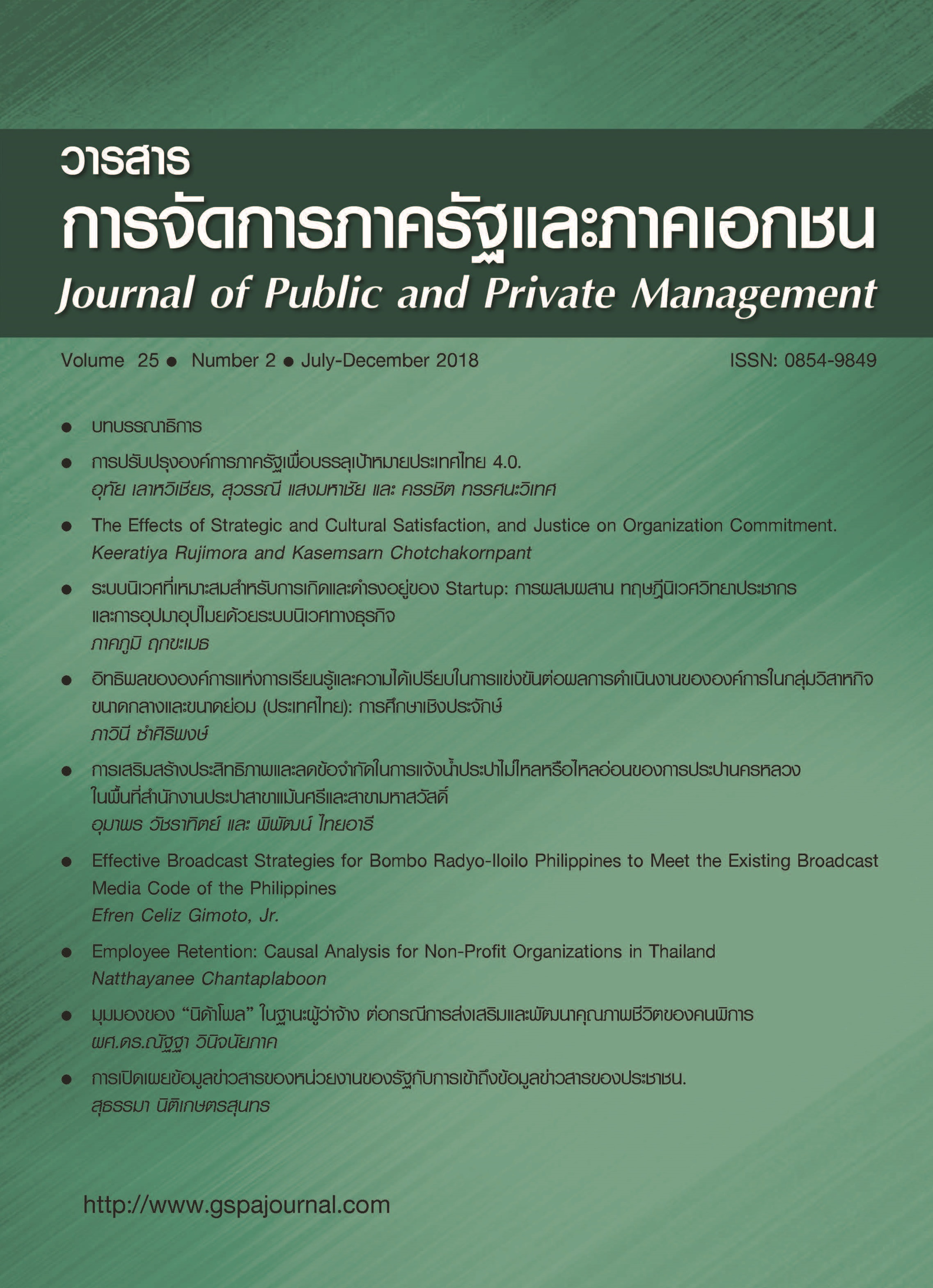An Appropriate Ecosystem for Startup Foundation and Retention: A Synthesis of Population Ecology Theory and Business Ecosystem Metaphor
Abstract
This article is intended to describe the ecology that enables and supports the birth and existence a startup by synthesizing population ecology theory and business ecosystem metaphor. As generally observed startups emerge constantly, but their failure rate is high-up to 90% since they are under selection pressures akin to those in the ecology. Unprofitability leads to a high default rate due to a number of factors, i.e., structural inertia, brand novelty, and disadvantages of small scale operations versus existing businesses in the market. The startup is like an organism of different species such as technologist, technology entrepreneur and investor of a business organization with specific expertise. In an environment providing opportunities for these species to come together, their mutual contribution empowers the combination of expertises. The key is the cooperative spirit of entrepreneurs, on the basis of innovation and technology and the potential venturing investors, that leads to the emergence of a startup. As a result, the startup is a species that can mutate. It is a hybrid organization capable of learning and deciphering technology knowhow. Business expertise and investment expertise will give a higher birth rate of startups. However, fierce competition and a battles among superior innovations can lead to the development of commercial markets and a larger groups of customers. The intensity of competition may push the drop out and the default rates higher as well. Some businesses may reach the tipping points that make them attractive to the market and investors. If the value of the shares is high enough, startup may leave the market or mutate into an investor. Thus the exit from the startup market can be either success or failure. The key to success of a startup is to create an ecosystem from the beginning of the startup’s life cycle by creating the opportunity to meet and consultations can take place among startups, entrepreneurs and investors. In addition, the other key to success of the startups is to build an environment for cooperation and mutation based on a learning process, such as mentoring system. However, remarkable innovations addressing existing problems and necessity of customer segments remain essential for a startup to succeed.



